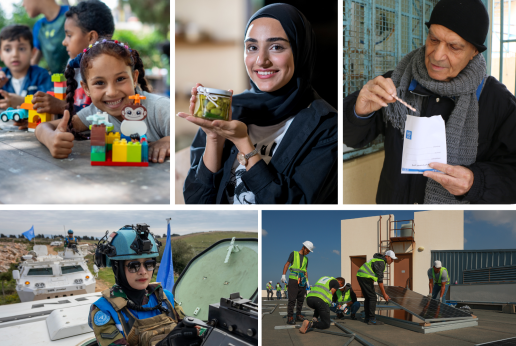Lebanon is experiencing severe hardship due to multiple crises, particularly impacting the vulnerable.
High inflation and poverty, along with low tax revenue, hinder the Government's ability to address issues, raising risks of conflict and instability. Lebanon's economic crisis is among the worst globally since the mid-1800s, and without a stabilization plan, it is expected to persist.
Hostilities near the Blue Line since October 2023, with escalating exchanges of fire between Hizbullah and Israel, have worsened the situation, resulting in civilian casualties, displacements, and infrastructure damage.
A political impasse exacerbates these issues; the presidency has been vacant since October 2022, stalling government formation and legislative processes. State institutions are nearly paralyzed, struggling to function and pay salaries, leading to frequent absenteeism among civil servants and cuts to municipal budgets.
Despite slight economic stabilization in mid-2023, with improved food security and employment in certain sectors, Lebanon has made limited progress on reforms. High inflation and instability continue to threaten gains. Many skilled Lebanese are emigrating, with remittances being crucial for basic needs. The crises have severely impacted productive sectors like tourism and agriculture, with climate change further exacerbating food security and development challenges.
KEY FIGURES





